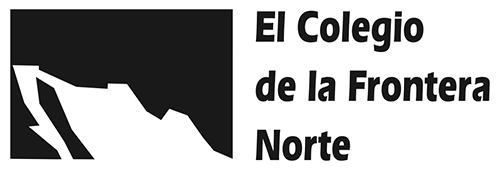
En sus estudios sobre transnacionalismo, Alejandro Portes sostiene que, una vez iniciada la migración, surgen redes sociales entre los migrantes y sus localidades de origen que con el tiempo permiten que este movimiento se sostenga por sí mismo. Además recalca que este mismo impulso puede apoyar a la continuidad de la migración, aun cuando los incentivos económicos originales se hayan reducido o desaparecido por completo.Por otro lado, la escuela de pensamiento sociológico de Pierre Bourdieu afirma que, en los procesos sociales y los socioespacios creados por el individuo, las trayectorias no son uniformes y suponen una relación de homología entre los diversos habitus que comparten una misma posición en representaciones distintas o campos sociales. Nuestro análisis se adhiere a la segunda escuela mencionada, toda vez que ésta no ha sido ampliamente divulgada entre los estudiosos de la migración transnacional.Habitus and Transnational Fields in the Process of Migrant TransnationalismAbstractIn his studies on transnationalism, Alejandro Portes argues that once the migration, emerging social networks between migrants and their places of origin, which over time allow the movement was sustained by itself. In addition it emphasizes that this momentum can support the continued migration even when the original economic incentives have been reduced or disappeared altogether.Furthermore, the school of sociological thought of Pierre Bourdieu argues that social processes and socioespacios created by the individual paths are not uniform, which represent a relationship of homology between the habitus that share the same position in or represent diff erent social fi elds. Our analysis adheres to the second school mentioned, since it has not been widely disseminated among scholars of transnationalmigration.
